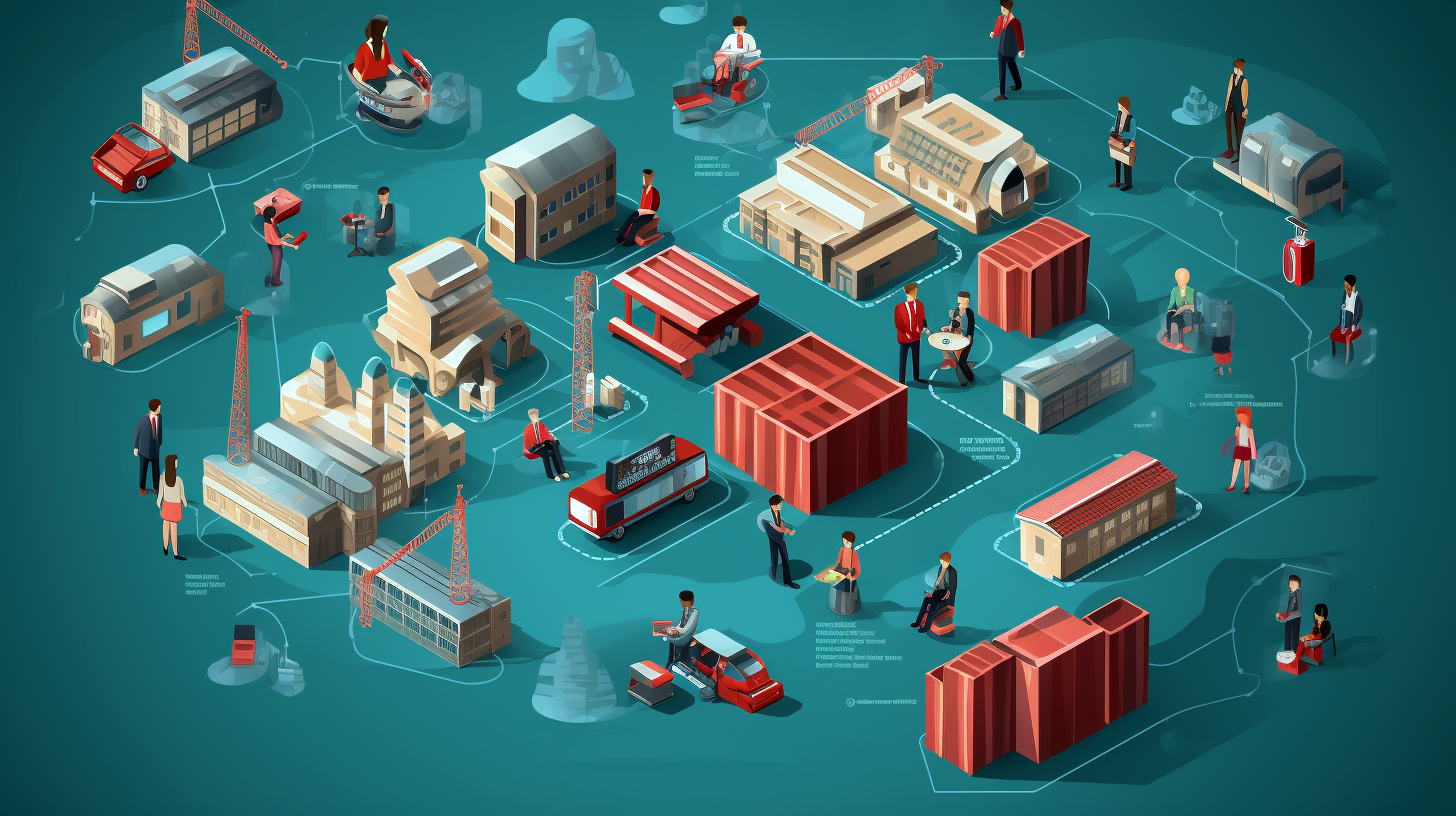Author: Dr Reason Masengu
The term “Digirati” is a blend of digital and literati. In the context of business, it refers to people, communities, and companies that are knowledgeable about computers and the Internet. We are not talking just about familiarisation with computers; we are referring to technology natives and elites. Despite criticism that digirati are elitist, they have shaped how societies develop, transform, and evolve since the early 1990s.
The Supply chain industry has witnessed the evolution of Digirati, and the transformations have been phenomenal through the use of Artificial Intelligence (AI) in the current times. Despite these developments in the digital sphere, supply chains have been greatly affected by a lack of skills. This is the missing link between graduates and industry expectations to embrace technology and turn the tide of the volatile supply chain. COVID-19 experience showed that the global supply chain lacks resilience, and practitioners have failed to make accurate predictions regarding future demand and supply.
Supply chains today embrace the use of different technology tools like Big Data, IoT, Cloud Computing, Blockchain and such to increase efficiency and performance. The pillars of the supply chain, inventory, facilities, transportation, procurement, information, and pricing can benefit greatly both individually and collectively from the use of a strong technology infrastructure. The application of AI in demand forecasting can greatly assist a firm or supply chain by extrapolating the buying parts, quantities, and types of products or services preferred by a target audience. Subsequently, this information will make it possible for a company to make choices regarding transportation modes and/or services. AI will enable supply chains to leverage and process large quantities of data using algorithms. Supply chains often transport goods from remote areas, and weather around the globe differs across places and seasons. AI can provide data on the risks facing a supply chain operation. Transporters can then select routes based on the instant transmission of traffic situations from the satellite once the driver has picked a destination. This avoids disruptions in delivery and inventory management.
The incorporation of emerging technological trends in Logistics curricula support the development of knowledgeable graduates who could enhance supply chain operational efficiency. A qualification in Logistics or Supply Chain Management will equip a person with the knowledge of the core supply chain concepts and latest technology trends to meet the industry needs.






